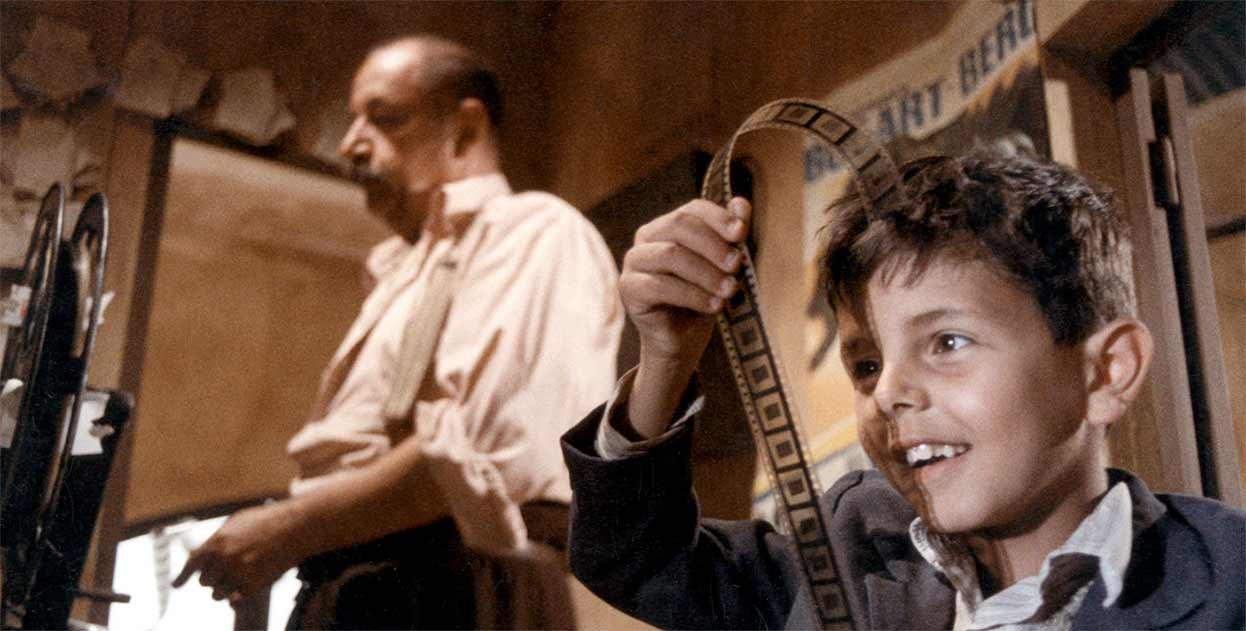Popcorn and dreams: our new cinema will help Goldsmiths reinvent film
Primary page content
Professor Sue Clayton celebrates Curzon Goldsmiths' arrival on campus.

This week marks a very exciting event for Goldsmiths: we’re launching a unique and innovative partnership with Curzon Cinemas to bring a high-spec movie experience to campus and our local community.
A stylish 101-seater, Curzon Goldsmiths has state-of-the-art projection and sound, and sits next to the re-vamped café.
From Friday 29 January the cinema will be fully open on weekday evenings and across weekends, starting with two excellent new movies.
The Big Short (dir. Adam McKay, 2015) the five-times Oscar-nominated biting satire on the US financial markets and their ruinous effects, starring Brad Pitt and Christian Bale; and The Revenant (dir. Alejandro Iñárritu, 2015) a visceral tour-de-force from the director of Birdman, starring Leonardo DiCaprio as a frontiersman betrayed by his team and attacked in the wild, who battles to survive and claim justice.
But what is it about cinema - the full cinema-going experience - that makes us get excited like little kids? There’s always a magic to it, a touch of Cinema Paradiso.
And while we want to bring a bit of that feeling to Curzon Goldsmiths - popcorn, snazzy new café, film posters, competitions, opportunities to screen and celebrate your own student films - there are some other powerful and longer-reaching rationales for having this cinema that I’d like to share below.
Firstly, we feel our students deserve to see important fiction and documentary cinema with great image and sound in a comfortable venue, and with a decent place to talk and debate afterwards. It’s a way of keeping alive debate around cinema, and whether you love or hate the movie, it’s the conversations that you have afterwards that move your ideas on, and inspire you to think more broadly.
We’ll be extending this “conversation” in the coming months with our own Curzon Goldsmiths discussion website, where you’ll find more critical information and “extras” on the films, and can blog and post your own comments. We’ll also keep the benefit of this great space in term-time weekdays for our own teaching and conferences/events, where the talk will also flow.
Secondly, this cinema is part of the exciting strategy to make Goldsmiths the hub of a new arts and media quarter in New Cross. We already have a music recording venue available for the public to hire, and the Siml sound facility and gallery in St James Hatcham. Next comes our new art gallery. Designed by Turner Prize-winning architecture collective Assemble, work is set to begin on the Gallery at Goldsmiths later this year.
Further plans include a dubbing suite, and live-work space for new start-up projects and initiatives.
The cinema is a great catalyst for all of these, drawing together the creative communities of New Cross as well as providing a great new preview theatre facility. It will make the area more vibrant and productive for us and for the community.
Thirdly, we want to have influence on the media. Goldsmiths has an excellent tradition of questioning and engaging with media in all its forms - work on the Leveson inquiry; press freedom; media and migration issues; and our current high-profile events on the future of broadcasting.
By engaging with Curzon, not only do we partner with a top-level exhibitor to take advantage of their other benefits like great new publications and guest Q and As but we also plan to document our community’s responses to the films we show, and see if we can’t prove that venues like Goldsmiths will engage with rather more diverse fare.
For instance, given the current concern around lack of diversity in the Oscar nominations, and the fact that only 6.4 % of Hollywood and 10% of European films are directed by women, our campus cinema can be where we demonstrate that our audiences may respond well to, and actively ask for, more variety. In a small incremental way we may prove that a campus audience will support a more diverse product than might run in the West End or in shopping-mall multiplexes.
Through the appointment of a Goldsmiths Cinema Programme Curator, who will research what both we and our local community wants to see and liaise with the Curzon team, we’ll be able to see what preferences a campus cinema might express – potentially one that likes not only first-run features but also documentaries; indie films; themed seasons; more international films; films relating to the LGBT community; to political issues; to more radical and experimental forms.
We’ll be sending a questionnaire to everyone on campus asking them to share ideas, and alongside first-run features we’ll liaise with the Curzon team to programme at least two weeks a term from summer 2016 of special seasons, themed events, and Film Society and Departmental suggestions, to add to and enrich what will become the unique Curzon Goldsmiths programming mix.
These days, markets are increasingly niche and fragmented, and the old polarities of “Hollywood” or “mainstream” versus “obscure, arty and unprofitable” really don't hold up any more. Every local audience should be able to define what it wants to watch, and cinemas can now respond to these preferences. By working with our Curzon partners to define what a ‘campus cinema’ might want to watch or to be, we provide a new model for every other campus in the UK and beyond.
This is a new way of looking at cinema, and to deliver what specific groups want.
By expanding what has been in the UK a relatively small and narrow exhibition circuit, this is a new way to make future UK film production more viable and self-supporting.
It is a chance to re-vitalise cinema, and bring it to all. Now that really is exciting...